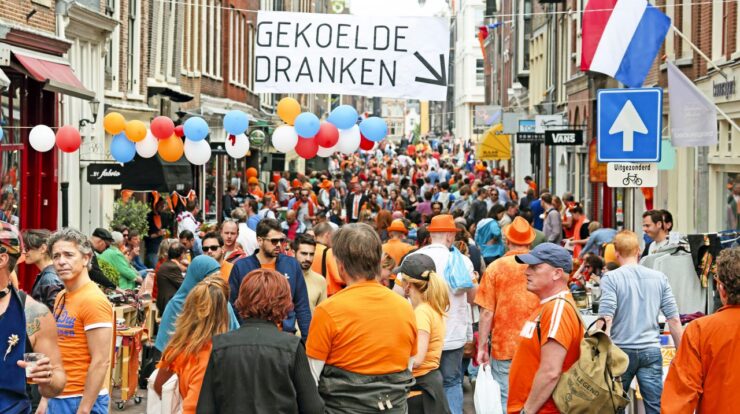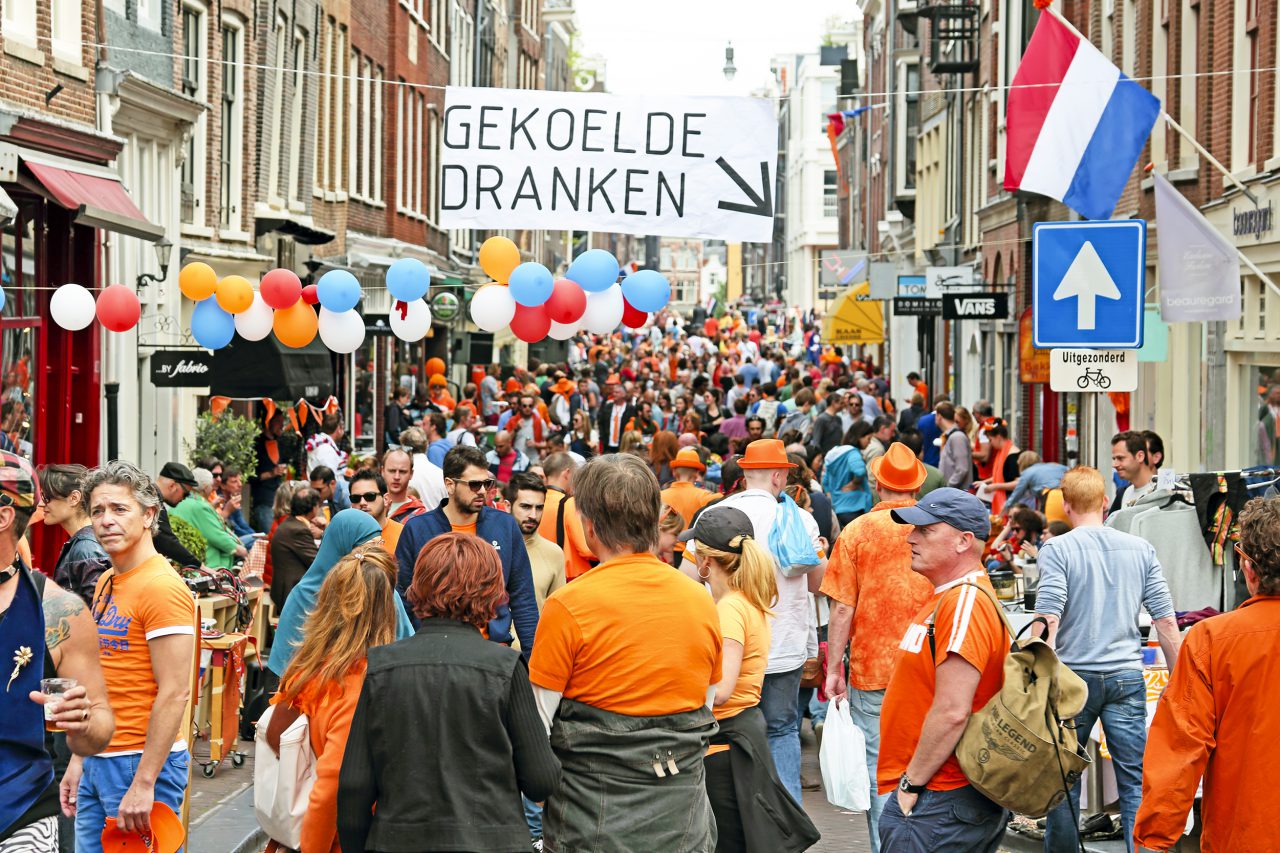
King’s Day Netherlands, an annual celebration that honors the reigning monarch, is a vibrant tapestry of history, culture, and social cohesion. With its origins rooted in the House of Orange-Nassau, the celebration has evolved over centuries, leaving an indelible mark on the nation’s identity.
From bustling flea markets to orange-hued festivities, King’s Day is a kaleidoscope of traditions that reflect the Dutch spirit. It fosters a sense of community and unity, bringing people together in celebration of their shared heritage and national pride.
King’s Day in the Netherlands: A Celebration of History and Unity
King’s Day is a national holiday in the Netherlands celebrated annually on April 27th. The celebration marks the birthday of the reigning monarch and is a vibrant display of Dutch culture, tradition, and national pride.
Historical Significance
King’s Day has its roots in the 19th century when it was known as Queen’s Day, honoring Queen Wilhelmina’s birthday. After Queen Juliana ascended to the throne in 1948, the celebration was renamed Queen’s Day and moved to April 30th, her birthday.
In 2013, King Willem-Alexander became the first male monarch in over a century, and the celebration was renamed King’s Day.
The House of Orange-Nassau, the ruling royal family of the Netherlands, plays a central role in King’s Day celebrations. The family has a long and storied history in the country, dating back to the 16th century. The orange color, synonymous with the royal family, is prominently displayed throughout the festivities.
Cultural Traditions
King’s Day is a day of merriments and festivities throughout the Netherlands. One of the most notable traditions is the vrijmarkt, or free market, where people set up stalls to sell their used goods and crafts. The streets are adorned with orange decorations, and people dress in orange clothing to show their national pride.
Another popular tradition is the koningsdagfestival, or King’s Day festival, which features live music, street performers, and food stalls. The festivities often continue into the evening, with many cities hosting fireworks displays.
Economic Impact: King’s Day Netherlands

King’s Day has a significant economic impact on the Netherlands. The influx of tourists and the spending associated with the festivities boost the hospitality, retail, and transportation sectors. However, the holiday can also lead to temporary disruptions in business operations, especially in major cities where the celebrations are most prominent.
Social Cohesion
King’s Day is more than just a celebration of the monarchy; it is also a time for social cohesion and community spirit. The festivities bring people together from all walks of life, fostering a sense of unity and national identity.
The shared experience of celebrating the monarch and participating in the traditional activities helps strengthen the bonds between Dutch citizens.
International Recognition
King’s Day has gained international recognition and is celebrated in Dutch communities around the world. In some countries, such as the United States, Canada, and Australia, Dutch expatriates and enthusiasts organize events to commemorate the holiday. The celebration provides an opportunity for Dutch people abroad to connect with their heritage and share their culture with others.
Closing Summary
King’s Day Netherlands transcends its role as a national holiday; it is a testament to the nation’s rich history, vibrant culture, and unwavering social bonds. Its international recognition further underscores its significance, making it a cherished event not only within the Netherlands but also around the world.
FAQ
What is the significance of the House of Orange-Nassau in King’s Day celebrations?
The House of Orange-Nassau has been closely intertwined with the Netherlands for centuries, and King’s Day serves as a tribute to the reigning monarch from this royal lineage.
What is the symbolism behind the orange color associated with King’s Day?
Orange is the national color of the Netherlands and has been associated with the House of Orange-Nassau since the 16th century. During King’s Day, the country is adorned in orange decorations, symbolizing unity and national pride.
How does King’s Day contribute to social cohesion in the Netherlands?
King’s Day is a time for people to come together, celebrate their shared heritage, and strengthen community bonds. The festive atmosphere and communal activities foster a sense of unity and belonging.